TTC VIDEO – Robinson, Daniel N. – Great Ideas Of Philosophy – 2nd Edition [61 AVI, 1 PDF]
Humanity left childhood and entered the troubled but productive world when it started to criticize its own certainties and weigh the worthiness of its most secure beliefs. Thus began that “Long Debate” on the nature of truth, the scale of real values, the life one should aspire to live, the character of justice, the sources of law, the terms of civic and political life—the good, the better, the best.
The debate continues, and one remains aloof to it at a very heavy price, for “the unexamined life is not worth living.”
This course of 60 lectures gives the student a sure guide and interpreter as the major themes within the Long Debate are presented and considered. The persistent themes are understood as problems:
- The problem of knowledge, arising from concerns as to how or whether we come to know anything, and are justified in our belief that this knowledge is valid and sound
- The problem of conduct, arising from the recognition that our actions, too, require some sort of justification in light of our moral and ethical sensibilities—or lack of them
- The problem of governance, which includes an understanding of sources of law and its binding nature.
The great speculators of history have exhausted themselves on these problems and have bequeathed to us a storehouse of insights, some so utterly persuasive as to have shaped thought itself. In these coherent and beautifully articulated lectures you will hear Plato and Aristotle, the Stoics and Epicureans, the Scholastic philosophers and the leaders of Renaissance thought.
In addition, you will learn about the architects of the Age of Newton and the Enlightenment that followed in its wake—all this, as well as Romanticism and Continental thought, Nietzsche and Darwin, Freud and William James. This course is a veritable banquet of enriching reflection on mental life and the acts of humanity that proceed from it: the plans and purposes, the values and beliefs, the possibilities and vulnerabilities.
Some of What You Will Learn
In these lectures you will:
- Explore three basic philosophical questions: What can I know? How should I behave? Is this tribe or polis able to preserve our knowledge, protect our interests, lead us to a more meaningful life?
- Understand why we should aspire to moral excellence through habitual striving and a devotion to self-perfection, and how we might attain a flourishing form of life.
- Explore the four assessments of what constitutes the good life. These have come and gone over the course of time in many forms.
The titles of the lectures in this course reveal its scope. In every lecture, there is substance that can change your view of the world and its history.
You will see the creation of rational thought. Dr. Daniel N. Robinson addresses in one lecture why such a rich tapestry of thought would begin in ancient Greece and why, weaved together during the lives of three specific men, it would never be equaled.
Most famous was Socrates, the pagan philosopher whom St. Augustine would revere because he was willing to die for truth. Socrates’s student, Plato, wrote so powerfully on almost every issue in philosophy that Alfred North Whitehead later commented that all of Western philosophy was a footnote to Plato. (But British philosopher and mathematician Bertrand Russell described Plato as a “garden-variety” Fascist.)
How We Live Determines Character
Aristotle, Plato’s student, had possibly the most fruitful mind in human history. He laid the foundations for virtually every science, and his treatises on friendship and the good life have never been surpassed. As Dr. Robinson concludes: “Aristotle makes quite clear that our character is shaped by our works. That is, we make ourselves into the sorts of beings we are in virtue of the manner in which we conduct our lives.”
After Greece, the lectures explore the beginnings of Christian philosophy in the work of the Roman Stoics, the exceptional debt of civilization to Roman law and to Islamic scholars who preserved and extended Greek thought while Europe became a backwater in the Dark Ages.
Early in the 17th century, Francis Bacon defends the scientific mode of knowledge. Experience and not speculation is the central source of learning. He observed that “words are but the pictures of matter,” and that to fall in love with words was as mistaken as to “fall in love with a picture.”
Bacon’s program to rely on experience was not embraced by the genius René Descartes, inventor of analytic geometry, whose division of the mind and the body has been a rupture in Western philosophy ever since. Professor Robinson describes one reply to Descartes’ proof of his own existence:
“The Scottish ‘commonsense’ philosopher Thomas Reid is kidding around a bit when he gets to Descartes’ famous ‘Cogito, ergo sum.’ Descartes would not accept his own existence until he could come up with a very good rational argument that culminates in a conclusion that he exists. Reid says a man who disbelieves his own existence is no more fit to be reasoned with than one who thinks he’s made of glass.”
Ideas Engender Democracy
The course carefully examines the ideas of Hobbes, Locke, Rousseau, and Reid, and the impact of those ideas on governments—particularly on the new democracy in America.
The Enlightenment program of scientific knowledge undermined the possibility of human freedom because a world completely determined by material causes made freedom an illusion. The course examines the ongoing debate, exemplified by the conflict between Hume and Kant, over whether there can be any truly moral acts taken in a causally determined world.
And the course shows how this debate is amplified in the German Romantic thought of Goethe and Schiller, in which freedom becomes the defining feature of human being. In Nietzsche, the lectures show how the argument for freedom takes on a full, dark, and possibly more honest aspect.
The course also examines the collision between the inherently social understanding of meaning created by Wittgenstein and the vastly different estimation of human thought created by the code-breaking genius Alan Turing—and the subtle reply to him from American philosopher John Searle.
Further lectures, unique to the second edition of this course, examine the concept of reality itself:
- Do ideas of natural law and moral reality exist in the larger universe, independent of us or our sentiments?
- How should moral problems affect medical and ethical decisions?
- Is war ever justified?
You will see how natural law theory has evolved through the Enlightenment and the writings of Jeremy Bentham and John Austin, among others. Theories of a “just” war, beginning with St. Augustine and including St. Thomas Aquinas and Francisco Suarez, set forth the principles by which engaging in and conducting war are justified.
Finally, after exploring the concepts of aesthetics and beauty, we take a concluding look at history’s greatest theological debates about the existence of God.
A Great Teacher
This course is the integration of a lifelong student of these issues who has thought and published in every area covered by these lectures. Professor Robinson is one of those rare teachers whose tremendous respect for his audience, vast expertise, relish for language, and engaging rhetorical flair create an exceptionally enjoyable learning environment.
Dr. Robinson’s lectures make the ideas of philosophy thrilling, passionate, human, and divine. Customers agree: “Professor Robinson explains multiple disciplines like no one since Aristotle. His scope is awesome. A professor’s professor.” Another writes: “Enjoying these tapes is one of the most rewarding experiences of my life at this time.”
Digital Download TTC VIDEO – Robinson, Daniel N. – Great Ideas Of Philosophy – 2nd Edition [61 AVI, 1 PDF] at Offimc.click Now!
Delivery Information
- Upon ordering the product, a delivery email with download instructions will be sent immediately to you so that you may download your files. If you log in (or create an account) prior to purchase you will also be able to access your downloads from your account dashboard.
- It is a digital download, so please download the order items and save them to your hard drive. In case the link is broken for any reason, please contact us and we will resend the new download link to you.
- If you don't receive the download link, please don’t worry about that. We will update and notify you as soon as possible from 8:00 AM – 8:00 PM (UTC+8).
- Please Contact Us if there are any further questions or concerns you may have. We are always happy to assist!



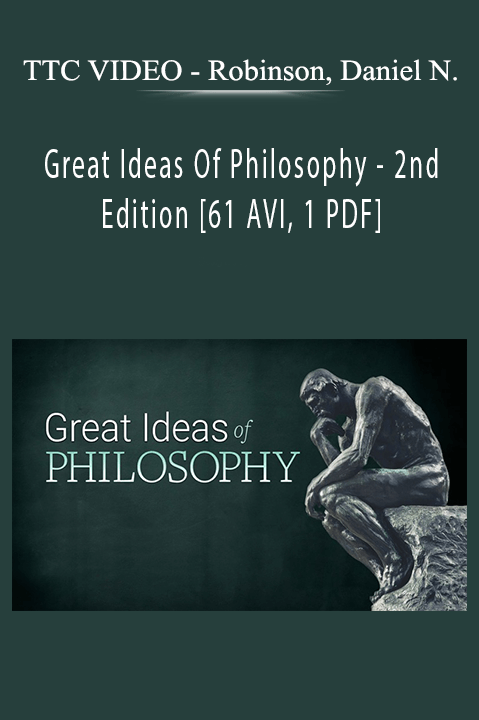
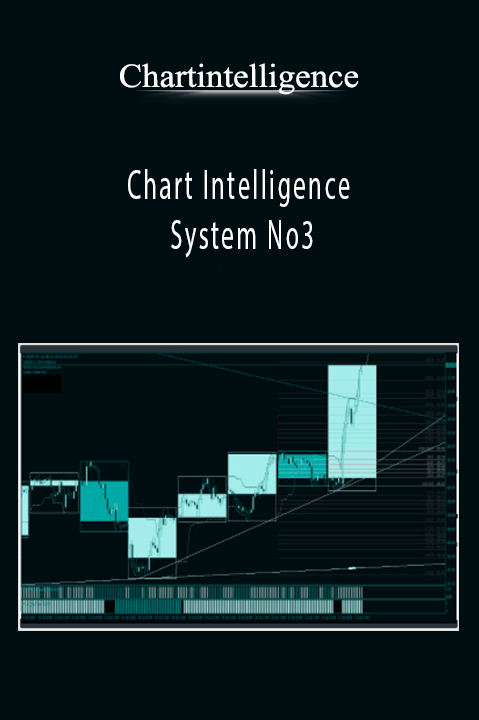


![TTC VIDEO - Robinson, Daniel N. - Great Ideas Of Philosophy - 2nd Edition [61 AVI, 1 PDF]1](https://offimc.gstatic.site/2021/04/TTC-VIDEO-Robinson-Daniel-N.-Great-Ideas-Of-Philosophy-2nd-Edition-61-AVI-1-PDF1.jpg)

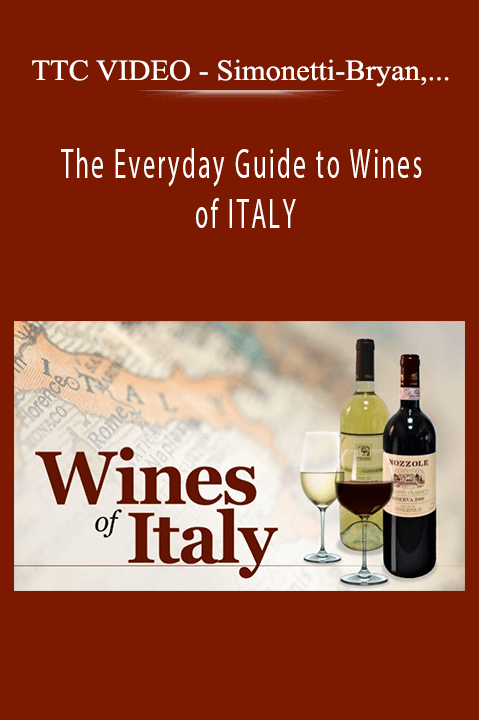


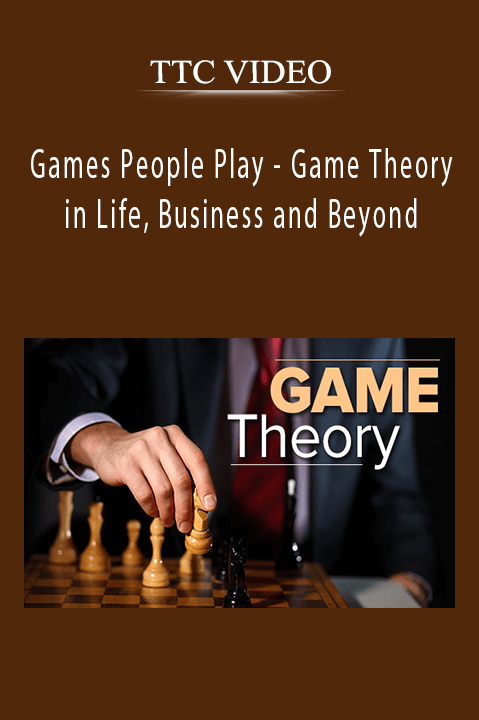
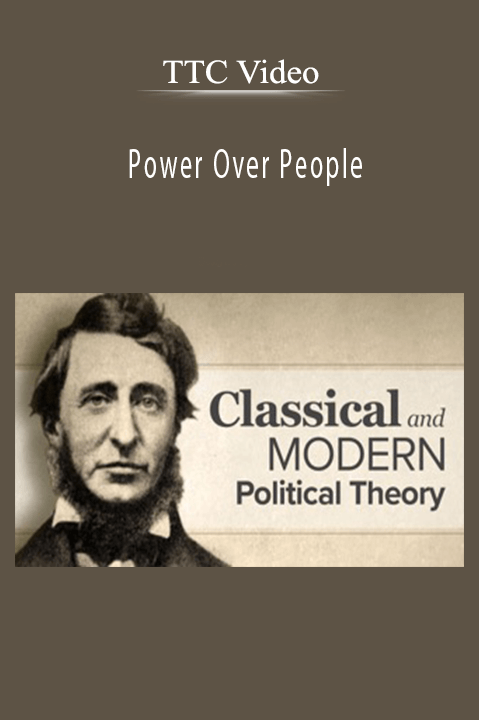

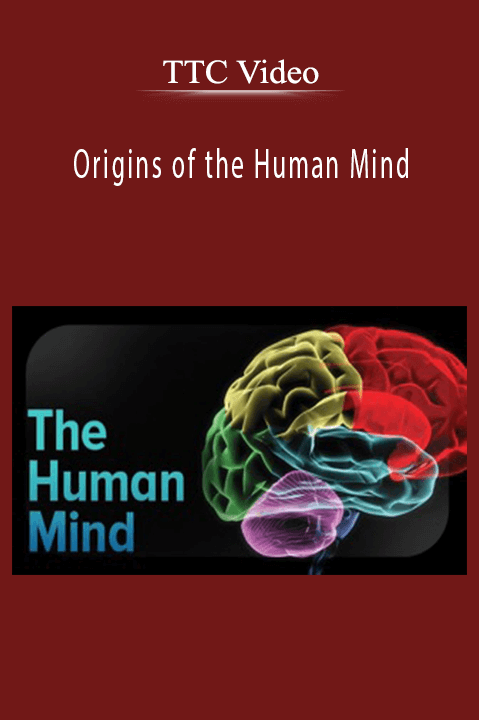
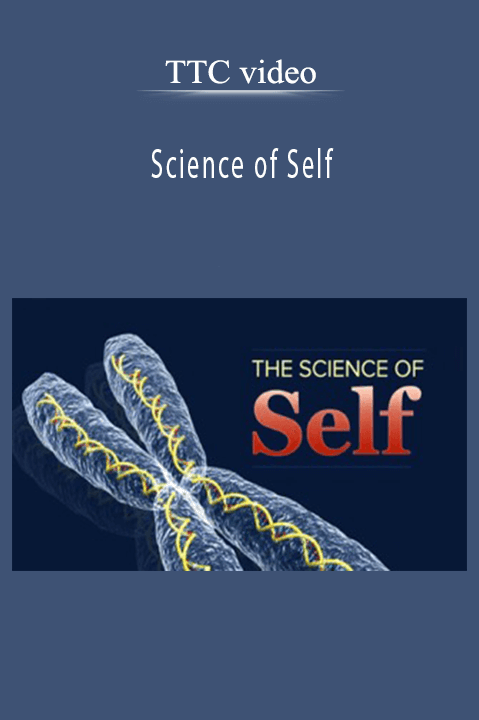
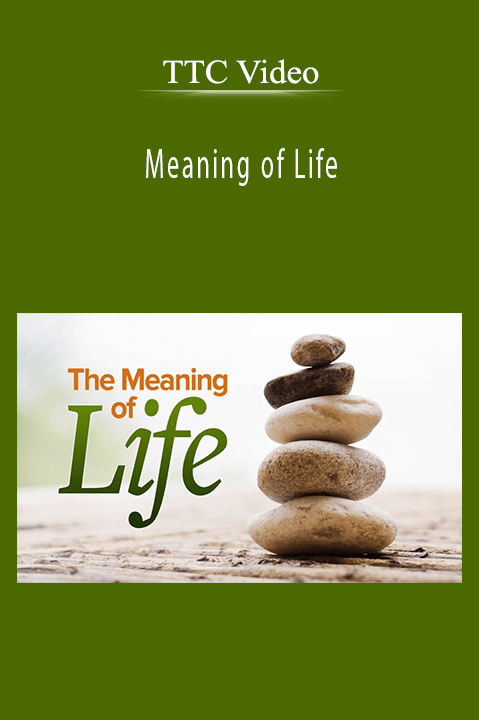
10 reviews for Robinson, Daniel N. – Great Ideas Of Philosophy – 2nd Edition [61 AVI, 1 PDF] – TTC VIDEO
There are no reviews yet.